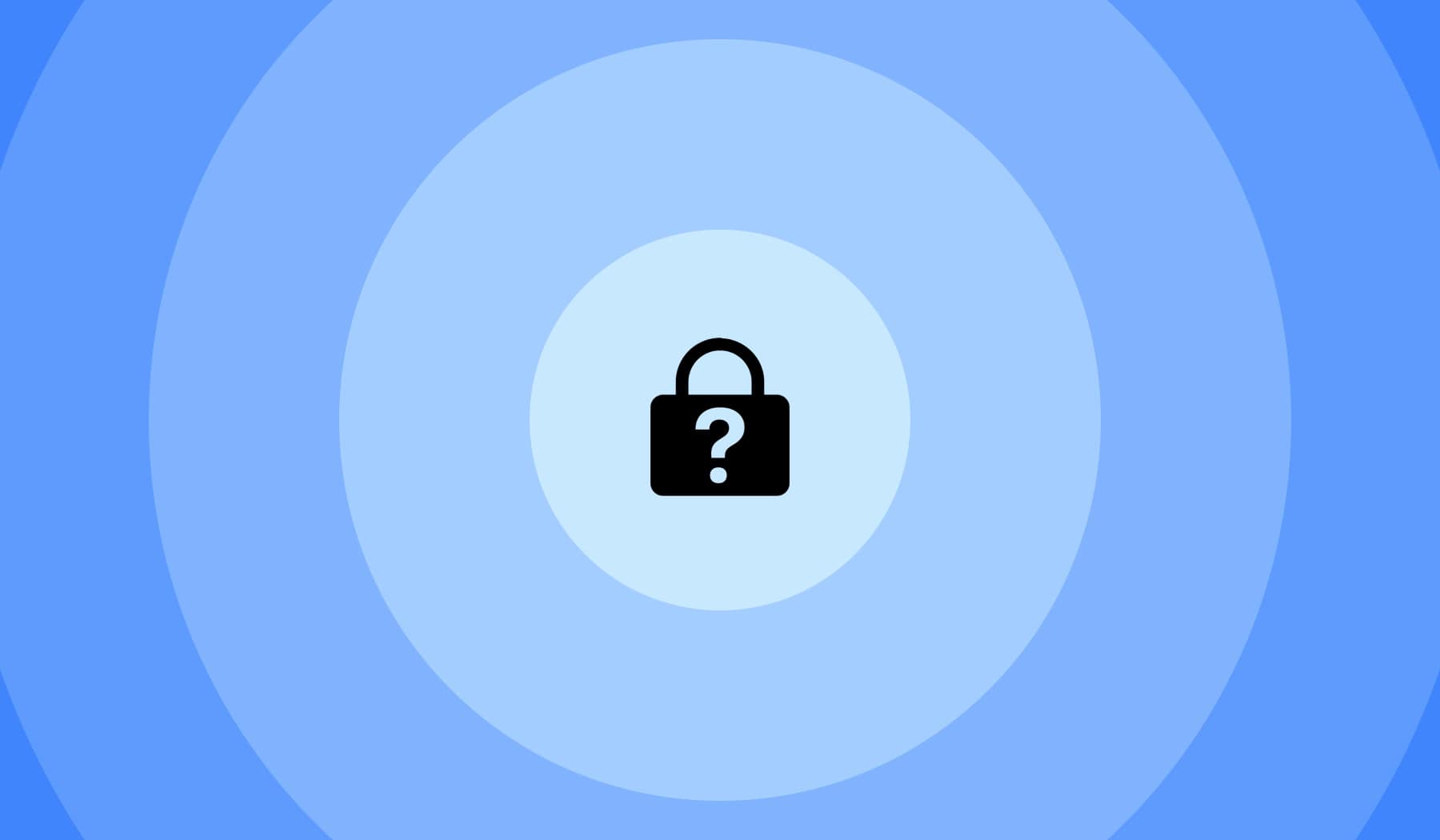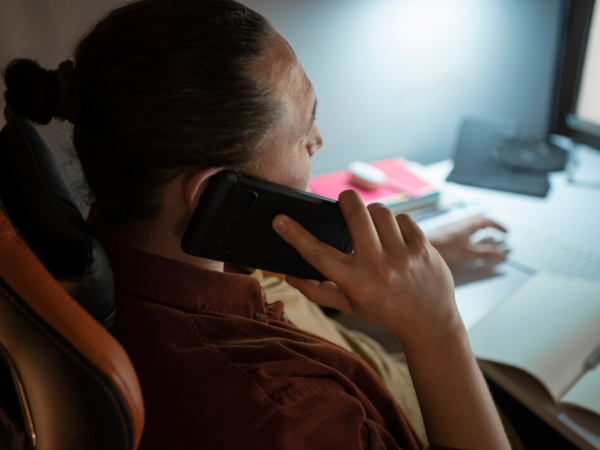As our lives are digital, we accumulate more and more personal data online – photos, videos, social media posts, documents, and more. While we may not think much about it now, considering what will happen to all of our digital assets after we die is an important part of estate planning in the digital age. Failing to make plans for your digital legacy can lead to complications for your loved ones in settling your estate. Important accounts may be inaccessible, or content you intended to be private could end up public. Proper planning allows you to protect your privacy, secure important information, and ensure your wishes are carried out. Encrypted notes can play an important role in securely preserving your digital legacy.
Choose a robust encryption method
The first step is choosing a strong encryption method to protect your notes. Opt for industry-standard and time-tested encryption like AES-256 rather than proprietary algorithms. Open-source and peer-reviewed software is ideal. You’ll also want to use encryption in transit via HTTPS to secure connections. Follow best practices like using strong master passwords and enabling two-factor authentication for important accounts.
Carefully manage encryption keys
how to open privnote?Encryption, the keys to unlock your data are as important as the encrypted data itself. The store keys separately from encrypted content to avoid losing access if one or the other is compromised. For maximum security, use a technique like Shamir’s Secret Sharing to split the key into multiple parts. It prevents a single point of failure and allows you to distribute key fragments to trusted individuals.
Designate key access in your digital estate plan
Once you have encryption keys protected, formally document instructions for accessing them after you’re gone. Identify at least one trusted contact that will have access. Provide complete details on the location and retrieval of keys, key fragments, master passwords, and any other critical knowledge required for decryption. Regularly review and update details to account for changes over time.
Store important details securely
Document your encryption plans clearly and store them somewhere secure but accessible to your executor.
- Password manager – Store instructions in your password vault
- Safe deposit box – Physical copies of passwords and instructions
- lawyer’s Office – Your attorney can store your plans confidentially
Avoid obvious places like on your computer or in cloud storage that may be inaccessible. The goal is to grant access only to those you choose.
Encrypted notes to preserve private content
- Personal documents – Wills, financial records, medical info
- Private communications – Emails, chat logs, voicemails
- Sensitive media – Photos, videos, audio recordings
- Passwords and logins – For email, social media, financial accounts
- Personal memories – Journals, notes, writings
Encryption to securely archive this sensitive content and ensure it remains private. Your executor can still access it using your provided keys.
Share important memories and life lessons
Beyond just sensitive content, consider using encrypted notes to intentionally pass down important memories, life lessons, and personal messages to loved ones. You can provide a treasured look into your life story and what mattered most to you. It creates a meaningful legacy likely to be cherished by recipients in a way social media posts can’t replicate. With robust encryption protecting your privacy, you can share deeply personal notes your family and friends will appreciate.
Test your executor’s access
Once your system is documented and keys are distributed, perform an access test run. Have your executor attempt to retrieve and decrypt your encrypted digital assets using your instructions.Testing validates that your setup works as intended. It also acts as a good prompt to update any outdated details and ensure your executor can smoothly handle your digital estate.
Protecting privacy while preserving history
Encryption technology now allows us to securely archive personal content in a way not possible before the digital age. When properly implemented, it provides the perfect mechanism for selectively sharing your memories and life lessons while maintaining privacy over more sensitive details. By putting in place an encryption plan for your digital legacy, you can rest assured knowing your privacy is protected while still being able to pass down what matters most. Your executor gains access to helpful information and accounts while respecting your boundaries.




